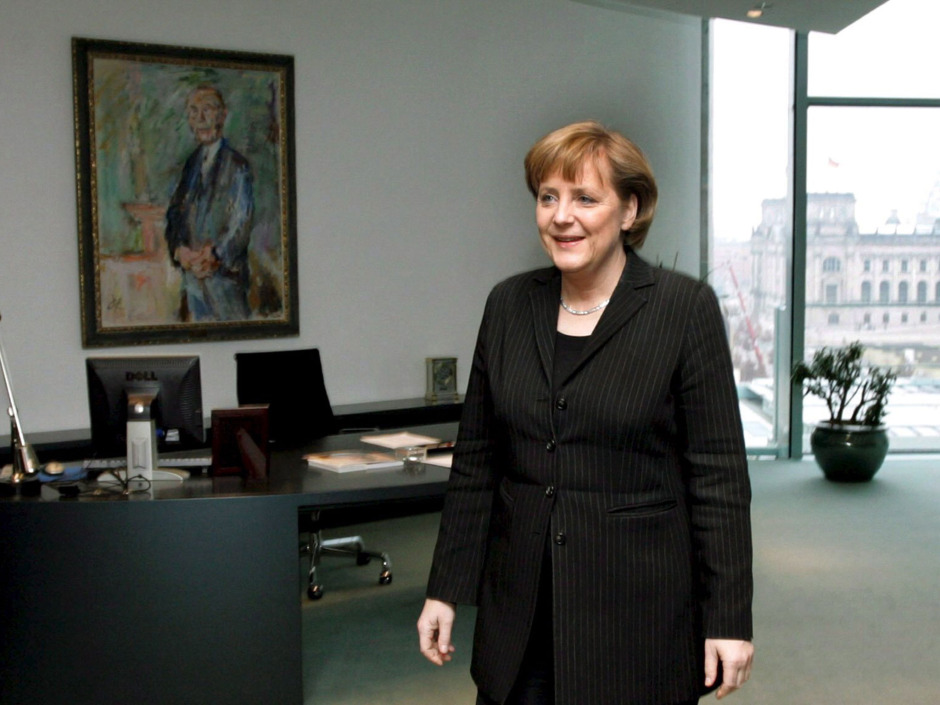German Chancellor Angela Merkel is a mensch, which, in Yiddish, means a decent and upright person. She proved it yet again on Sept. 14 at a rally in Berlin where she praised the Jewish community and condemned antisemitism.
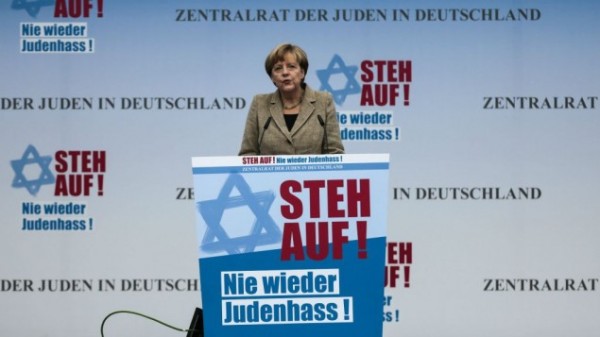
“That far more than 100,000 Jews are now living in Germany is something of a miracle,” she said in her inspiring speech. “It’s a gift and it fills me with the deepest gratitude. It is a monstrous scandal that people in Germany today are being abused if they are somehow recognizable as Jews, or if they stand up for the state of Israel. I will not accept that and we will not accept that.”
The rally, held 75 years after the outbreak of World War II and under the banner of Stand Up: Jew hatred — Never Again!, was organized by the Jewish community. It took place in response to an outpouring of explicit antisemitism triggered by Israel’s 50-day cross-border war with Hamas in the Gaza Strip in July and August.
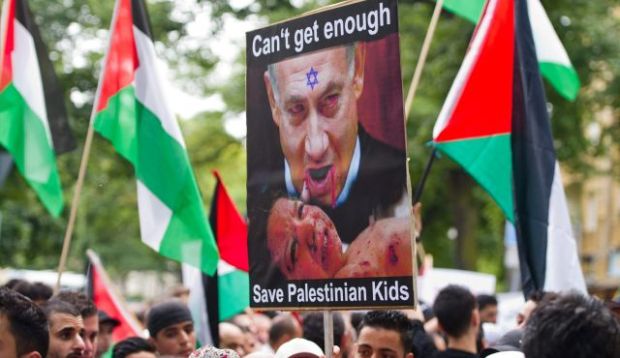
During the conflict, pro-Palestinian demonstrators took to the streets to denounce Israel in vociferous fashion. At some demonstrations, the anti-Israel and anti-Zionist invective crossed the line into unadulterated antisemitism when a number of protesters shouted “gas the Jews.”
Compounding the problem, Molotov cocktails were hurled at a synagogue in the city of Wuppertal and Jewish cemeteries elsewhere were desecrated, reviving somber memories of Nazi Germany.
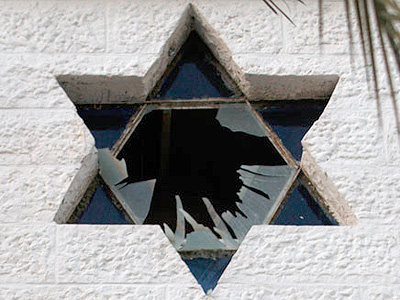
Jews in Germany, as well as their friends from other religious denominations, were appalled. When such vile slogans are chanted openly in a nation which gave birth to Adolf Hitler and Nazism and where the Holocaust was cold bloodedly conceived, silence cannot be the answer.
Sadly enough, antisemitism — the world’s oldest and most persistent hatred — is a phenomenon that rears its ugly head periodically in Germany. But this summer’s manifestations of anti-Jewish animus was “the worst … on German streets for many, many decades,” according to Dieter Graumann, the chairman of the Central Council of Jews in Germany.
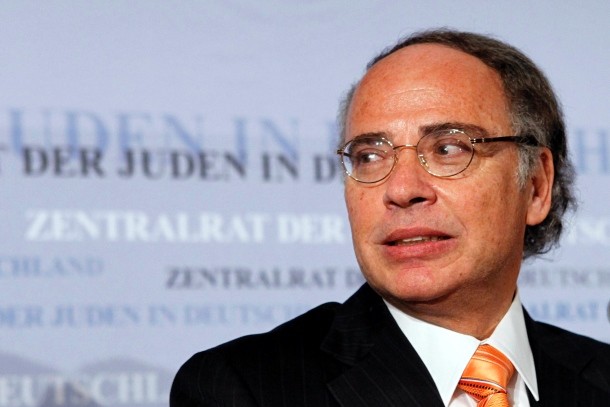
Young Muslim men, some of whom were born and bred in Germany, dominated these street demonstrations, says Levi Salomon of the Jewish Forum for Democracy and Against Antisemitism. But they won the support of an unholy alliance of neo-Nazis, Israel bashers, anti-imperialists and Islamic organizations, he adds.
Rocked on its heels by this explosion of antisemitism, the Jewish community had no alternative but to respond forcefully. Sunday’s rally at the Brandenburg Gate, which coincided with the annual meeting of the World Jewish Congress in Berlin, was its spirited riposte.
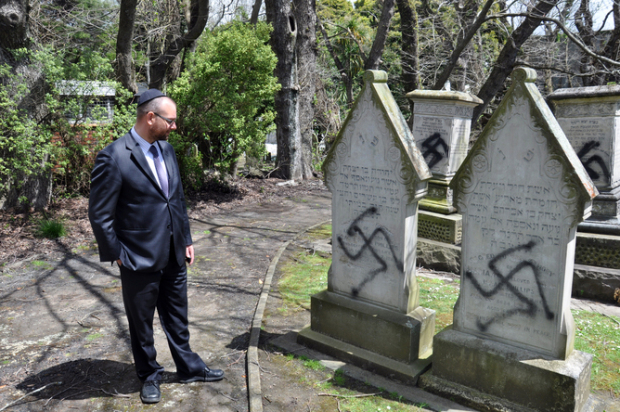
The rally was attended by, among others, German President Joachim Gauk, Protestant and Catholic clerics and Muslim communal leaders. But the guest of honor was Merkel, who has a laudable history of fostering mutual understanding, tolerance and harmony.
On the eve of the rally, Merkel, in her weekly podcast, vowed to work tirelessly “to ensure that antisemitism doesn’t have a chance in our country.” Merkel, however, pointed out that the task is enormous. As she put it, “We can see that there is not a single Jewish institution here that doesn’t require police protection. This is something that very much concerns me.”
Echoing her comments, German Foreign Minister Frank-Walter Steinmeier noted, “Unfortunately, recent weeks have shown that antisemitism and racism (appear) again and again despite our dark 20th century history. We must resolutely confront this.”
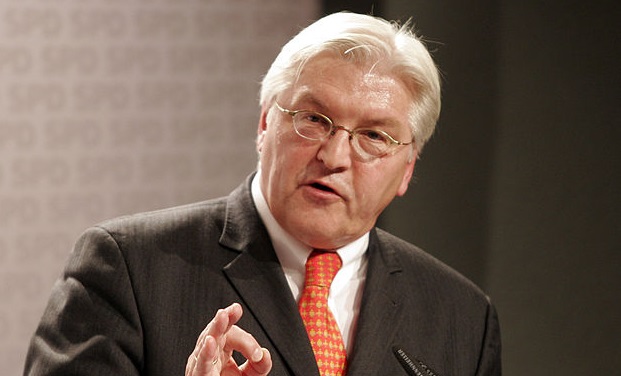
In her speech on Sunday, Merkel struck a similar chord, saying it pains her to hear of Jewish parents who wonder whether they can raise their children in a country like Germany and of Holocaust survivors who ask whether they had made the right decision to resettle in Germany after the defeat of the Third Reich.
But in an upbeat tone, she declared, “We are making unmistakably clear with this rally that Jewish life belongs to us — it is part of our identity and culture.” Driving home her argument, she said, “We want Jews to feel safe in Germany. They should feel that this country is our common home, in which they, like all people who live here, have a good future.”
Noble words, these. Yet words are never enough.
Mindful of this, Germany recently announced a new initiative to bring Holocaust education to Muslim students in general and to Turkish Muslim students in particular.
In announcing the plan, Felix Klein — the government’s special representative for relations with Jewish organizations — acknowledged that teaching the Holocaust to young Muslims in Germany is a hard sell because of its connection to Israel.
Under the new program, funded by various ministries and regional governments, Holocaust education will be crafted to suit Muslims. Details have yet to be announced, but hopefully, it will provide Muslim students with knowledge and an appreciation of a catastrophic event whose ripple effects are still being felt around the world, including the Middle East.
